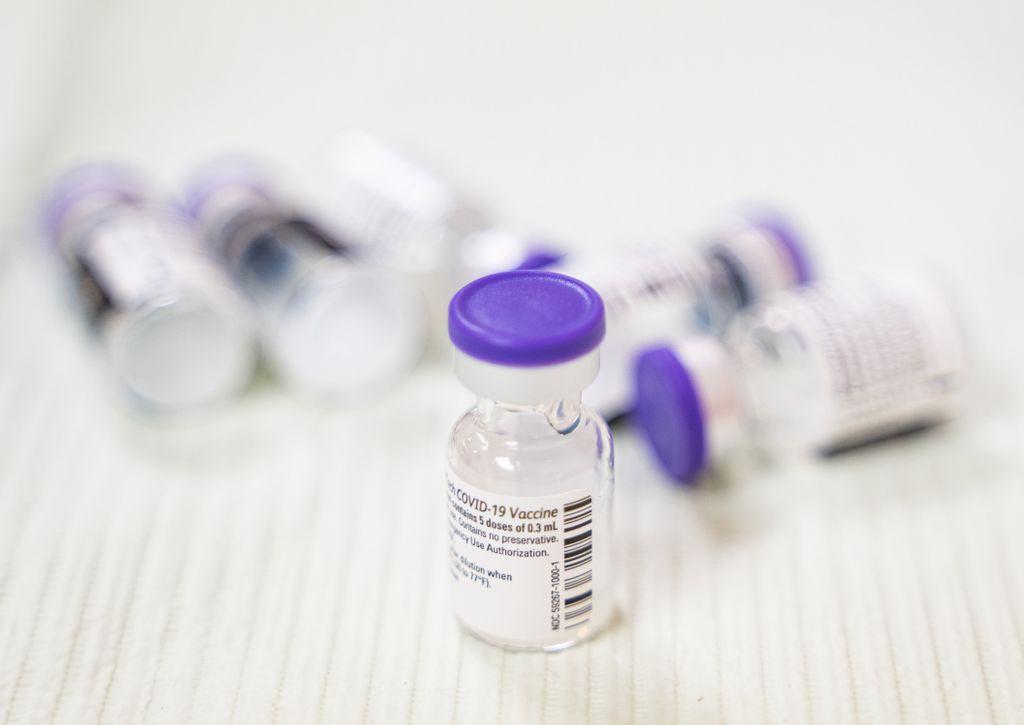
A team of Oregon Health & Science University researchers has released new findings suggesting that viral respiratory immune response is strongest from vaccination once a year.
The findings came as a committee of the Food and Drug Administration on Jan. 26 was taking up a proposal to recommend a yearly booster shot of the bivalent variety. Some have criticized that plan, citing recent studies questioning the bivalent approach. Others have raised other questions.
Rather than getting into the questions about bivalent vaccines, the new study looked solely at the strength of the human body’s resistance to COVID infection based on the passage of time since an earlier infection or vaccination.
The topic of how often boosters should be applied has been ongoing during the pandemic, even dividing pharmaceutical executives. Meanwhile, scrutiny has grown of the profits derived by pharmaceutical manufacturers from public health measures.
Study co-author Marcel Curlin, associate professor in the OHSU School of Medicine and the medical director of OHSU Occupational Health, said the results were strong. “It's probably pretty reflective of the healthy adult population,” he said, adding that similar conclusions may be in order for other respiratory viral pathogens as well. “The same lessons will probably apply.”
That said, further research would be needed to determine the appropriate vaccination approach for people who aren’t healthy adults, he added. “We don't know if the same thing plays out in children. We don't know if the same thing plays out in people in special categories who are immunocompromised for some reason.”
The study measured antibody levels in 96 individuals, all of them employees at OHSU. The study included one group of people that were vaccinated after having previously been infected with COVID-19, as well as one that contracted COVID after being vaccinated.
The conclusion? That the benefit of vaccinating was real, especially if coupled with contracting the disease either before or after the shot. The study reported a “robust” immune system response after vaccination, though the benefit didn’t work against the omicron variant.
“The combination of COVID plus vaccination against COVID, is really good, much better than either one,” Curlin said.
His take: the immune system can be “educated” and “fine-tuned” to combat COVID. But “there seems to be some benefit to allowing the immune system to mature over time” before adding another booster shot.
In fact, receiving booster shots too often could actually be counterproductive, Curlin said.
Curlin was part of a larger team; his fellow senior co-authors were associate professors Fikadu Tafesse and Bill Messer. The group has significant experience researching infectious diseases, viruses and vaccines, and this study is the latest in a series centered on COVID-19.
While the topic of vaccines has been polarizing, Curlin said researchers need to put aside such concerns and focus on the science. He said the group's research could contribute to public health conclusions as they continue to evolve.
“I think that there's a responsibility in scientific research to put aside all of our desires and wants and hopes, our vested interests, and really listen to what nature is telling us,“ he said. “Science is always updating itself and always trying to find the right information, the right understanding of nature.”
You can reach Nick Budnick at [email protected] or at @NickBudnick on Twitter.